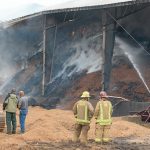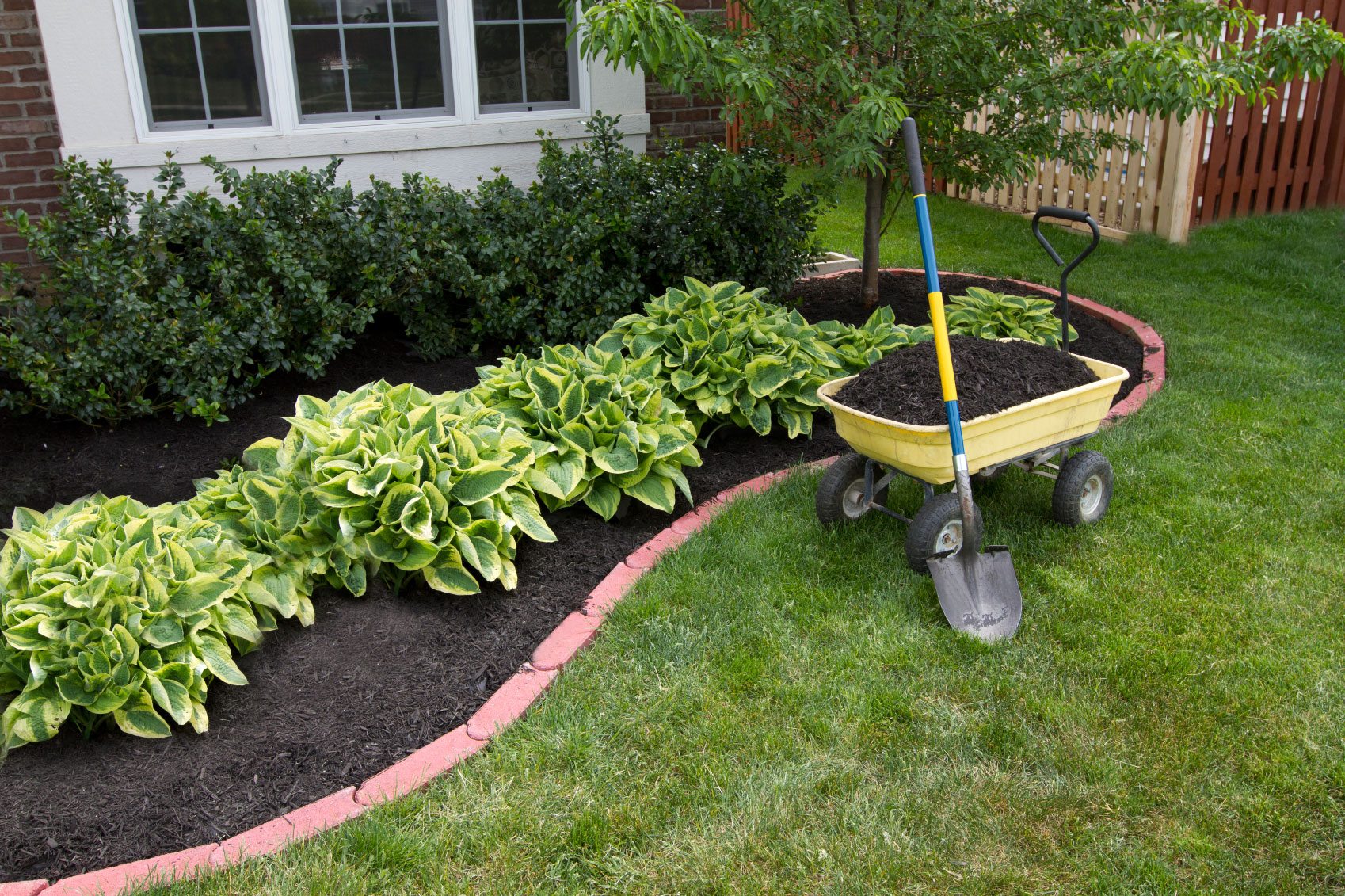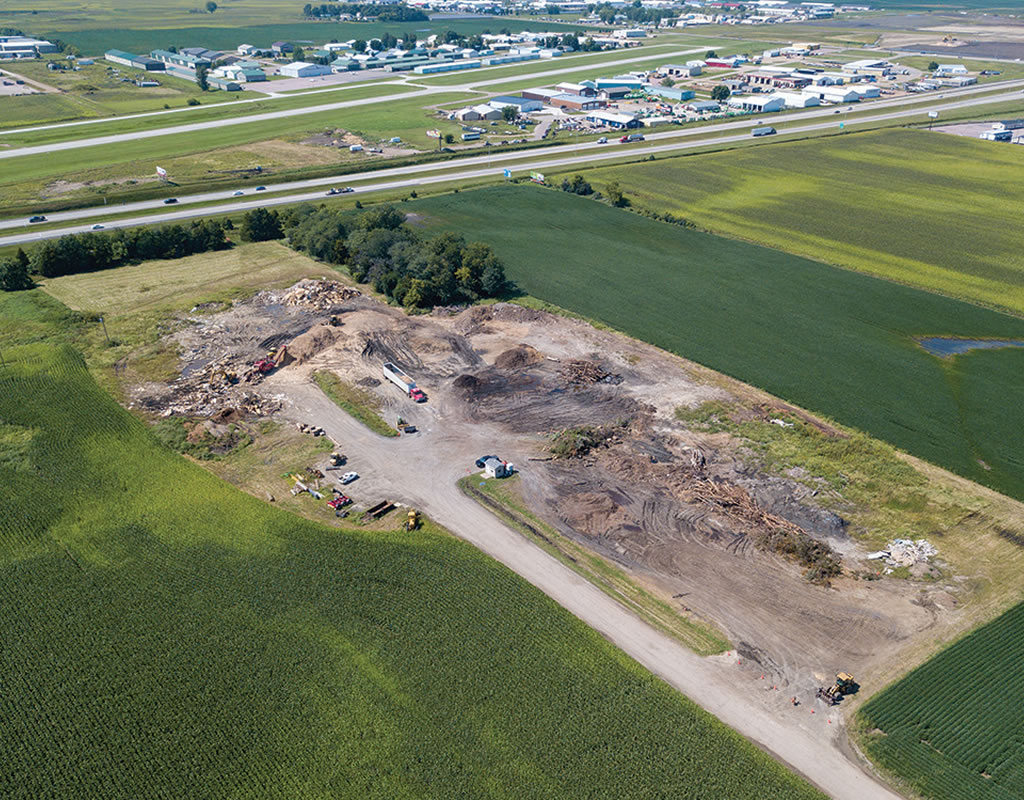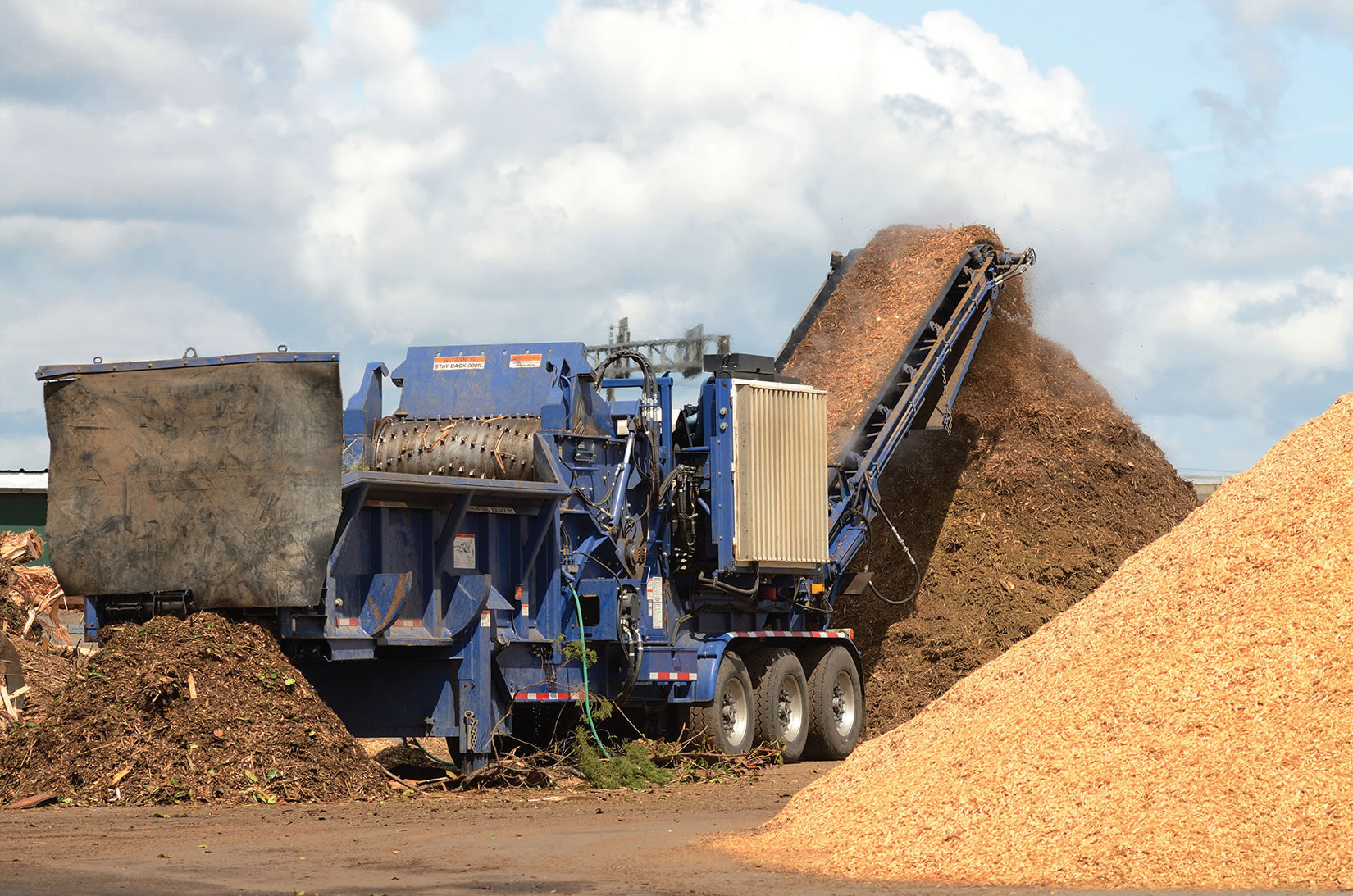By Robert LaGasse, Executive Director
Capitol Hill Visit
While Hours of Service (HOS) regulations have been an issue in recent years, the introduction of Electronic Logging Device (ELD) regulations last December has caused a major fire storm in the trucking industry.
Under the new ELD regulations, the HOS were reduced from 14 hours in service and a maximum of 11 hours driving to 12 hours in service and 10 hours driving, with much more accurate log books. The result has been a shortage of trucking that has raised the cost of shipping significantly.
For our industry, that experiences 50% of our annual shipping needs in March, April and May, that translates to over 756,000 truckloads in 90 days. So, the aggravated shortage of trucks caused by the new ELD regulations was brought to the Mulch & Soil Council (MSC) with a request from members that we seek some relief from the regulations for the industry.
Since its creation in February, the MSC Transportation Committee has worked hard to promote better access to common carriers to meet the shipping needs of MSC members. The committee has also focused on ways to prevent unnecessary regulation of private (company-owned) trucking. Last month, the committee discovered that the asphalt paving industry received an exemption for the HOS and break-time requirements; so, we investigated opportunities for the mulch and soil industry to do the same.
Agricultural Exemptions
Investigations into exemptions of agricultural commodities under ICC Ruling 107 and DOT Ruling 119 indicate “bark” in bulk and packaged form may be exempt from ELD and HOS regulations for shipments less than 150 air miles from the point of origin. Similarly, manure that has been dehydrated and packaged may be exempt as an agricultural commodity. Unfortunately, potting soil and top soil are specifically excluded from consideration as an exempt agricultural commodity under both Rulings 107 and 119.
One objective for the Transportation Committee is to clarify with Department of Transportation officials that “mulch” is synonymous with “bark” and should be allowed as an exempt agricultural commodity. Such a clarification should not require any regulatory or legislative changes and could be accomplished quickly as an administrative update.
More complicated is the issue for potting soil. Since loose and baled peat moss is exempt, we hoped that could open the argument that potting soil should also be exempt. However, potting soil’s exclusion from the commodities list is by legislative ruling and would likely require a new legislative ruling to change the status of potting soil.
FMCSA Exemption
The Federal Motor Carrier Safety Administration (FMSCA) currently enforces the safety regulations for private fleets and common carriers including the new Electronic Logging Device (ELD) and Hours of Service (HOS) regulations. Several industries — such as the asphalt paving, concrete and motion picture industries — were granted exemptions for ELD and some HOS regulations based on perishability of loads, frequency of short distance hauls, and seasonal shipping issues.
Separate from the Agricultural commodities issues, the MSC Transportation Committee is investigating how the Council can apply for a mulch & soil industry exemption based on the intensity of our very short peak season - where 50 percent of industry shipments occur in March, April and May of each year. In that period, we estimate industry demand for trucking is over 756,000 shipments nationally — an average of almost 8,500 truckloads a day.
Capitol Fly-In
With the assistance of our Washington legislative team, Transportation Committee Chair Jim Weber (Ohio Mulch Supply) and MSC Executive Director Robert LaGasse lead a team including:
- Tom Carton, Ohio Mulch Supply, Columbus, OH;
- Brian Faircloth, Suwannee Lumber Co, Cross City, FL;
- AJ Keebler, Woodbed Corp., St. Marys, PA
- Karen Stetner, Garick LLC, Cleveland, OH
in a Capitol Fly-In on May 16 & 17 for a series of meetings with special counsel, FMCSA, MSC Legal Counsel John Hazard and Congressmen & Senators for various districts represented by committee members. The objectives of the meetings were to maximize industry access to transportation assets and/or exemption from unnecessary regulatory restrictions.
Because the path to a FMCSA exemption from ELD & HOS regulations is not obvious, our Washington legislative representatives David Crow and David Beaudreau of DC Legislative & Regulatory Services (DCLRS) arranged our first meeting on May 16, with a special legal counsel who successfully directed the asphalt and motion picture industry exemptions, among others. After explaining industry operations and the impact of our short season, vehicle wait times and our need for ¾ of 1 million trucks in 3 months, special counsel outlined what he thought would be a viable cause for action for an application and a timeline for submission and response.
The Transportation Committee had been authorized to act on behalf of the Board up to a predetermined financial limit, and the committee immediately engaged the services of special counsel to prepare an application for exemption from ELD and HOS regulations (including break times) for submission to the Federal Motor Carrier Safety Administration. The first draft is due for review by the committee this summer.
Fine-Tuning Our Approach
After meeting with special counsel on the exemption application process, the MSC Team met at the offices of John Hazard, MSC Legal Counsel. At that time, we took the new information gathered from the previous meeting and mapped out our presentation and inquiries for DOT officials and our Congressional visits for the remainder of the trip. It is impossible for six committee members to visit all 14 elected representatives, so the list was divided by state delegations with anyone who was free during any hour segment of the day joining whatever other visits were scheduled.
DOT Meeting
The MSC team also visited with FMCSA officials at DOT Headquarters. Associate Administrator for Enforcement Bill Quade explained that the agency would want a promise of equal or (preferably) increased safety to grant an exemption from the FMCSA rules. We explained that unpredictable wait times could cause drivers to speed in order to get home before they “time-out” on HOS. In response, Mr. Quade explained:
- A minor HOS infraction of maybe 30 minutes is often overlooked.
- He also informed us that an “Off Log” violation is much less a penalty than a speeding violation — for what that’s worth.
- If you are 90% in compliance with the regulations, there is latitude on the remaining 10% — PROVIDED your violations are not significant (speeding or a wreck) or so frequent to draw attention and cause a full inspection by DOT.
Congress is pressing DOT to review the HOS and ELD regulations, but Mr. Quade noted that exemptions take months and rule changes take years; so, we will proceed with our exemption application — ASAP.
Walking The Hill
Following our meetings with various members of Congress, we determined that most legislators were pretty familiar with the HOS and ELD issues. Those who were not fully informed on the issues were very interested in helping our industry and almost every office offered support for our exemption application. A number of Senators were submitting a letter to DOT urging them to review and reopen discussions on Hours of Service (HOS) regulations to alleviate unnecessary burden on industry.
The MSC Transportation Committee also supports a proposed bill by Representative Babin (R-TX) titled the REST Act to allow drivers to take a 3-hr break during the day that does not count against HOS.
The committee also encouraged each legislator to develop or support legislation to allow military veterans involved as equipment drivers/operators to be allowed to get a CDL with minimum requirements if they had a good military driving record. The problem we face isn’t that we need more trucks: we need more drivers.
Overall, our Capitol Fly-In group felt we had made a very positive step toward alleviating the transportation issues for most members next season. We will continue to pursue the exemption application to FMCSA and keep MSC members advised on our progress.
If you would like to learn more about the Mulch & Soil Council, please visit our website at: mulchandsoilcouncil.org. If you would like to become a member, please contact us at: 806-832-1810.
Related News
Subscribe Today
Every other month, Soil & Mulch Producer
News brings you important stories about:
• New Technology
• Products
• Industry News
• Research Studies
Soil & Mulch Producer News features articles and services relevant to your daily operations.











